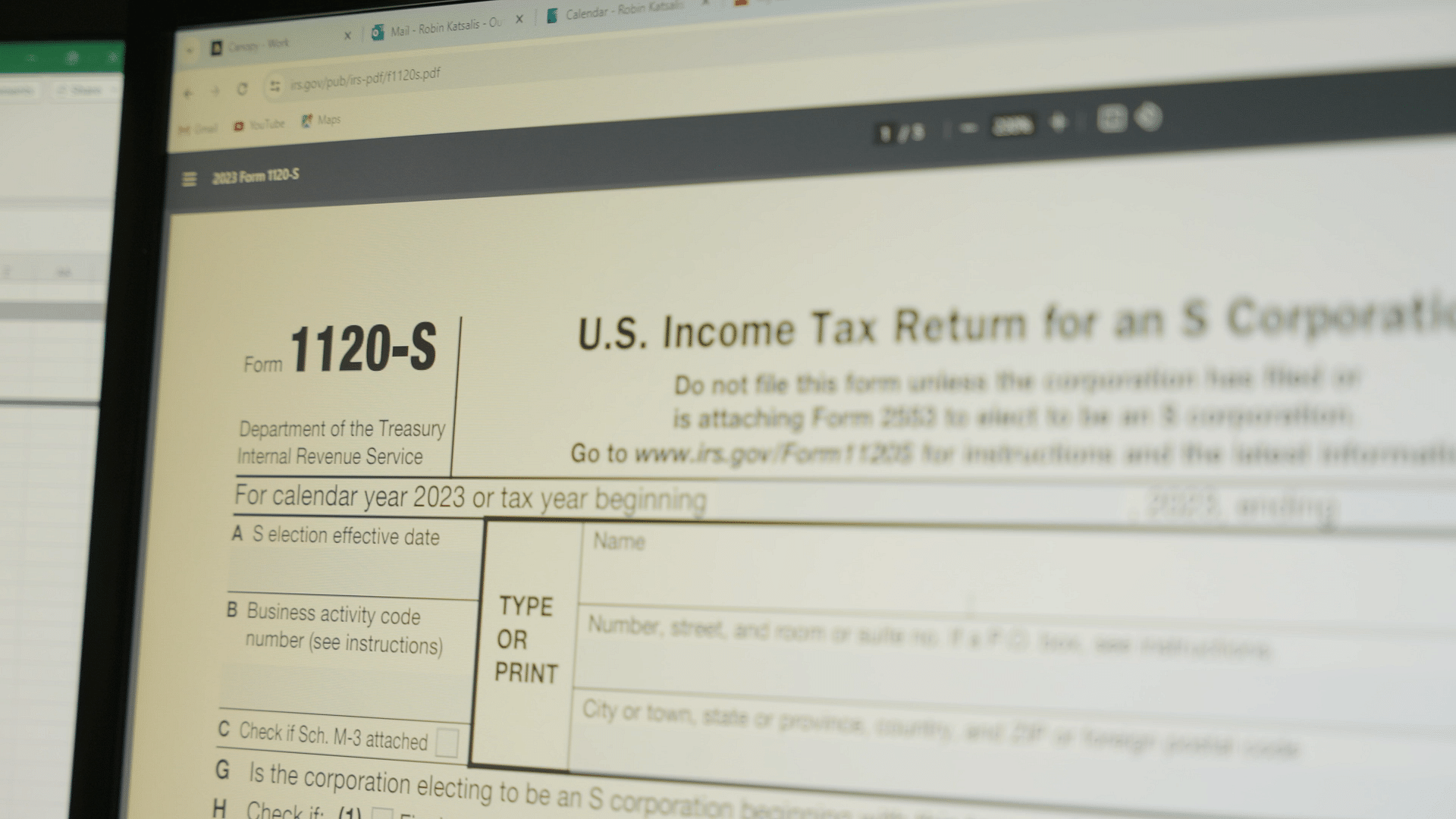
Overtime Rule Delayed Leaving Businesses and Employees in the Lurch
May 9th, 2017
The Labor Department's federal overtime rule, which would have made overtime pay available to more than 4 million additional U.S. workers, faced a federal istrict court challenge in Texas by business groups and a collection of states. The outcome, a preliminary injunction for all 50 states by Judge Amos Mazzant, left business owners putting their new overtime rules on hold not knowing what the future will hold. HR Managers have been walking a thin line trying to develop a plan to accommodate their salaried workers with the hourly labor force.
What would the new law cover?
The overtime rule was scheduled to take place to December 1, 2016 and would have increased salary thresholds as well as triennial adjustments based on the 40th percentile of weekly earnings for full time salaried workers in the lowest-wage Census region. The rule would max the salary threshold to over $51,000 with its first update on January 1, 2020. Companies with salaried employees have enjoyed 'free' overtime for decades, meaning that employees who were considered exempt salary workers weren't required to track their work hours nor be paid for overtime. Salaried employees also enjoyed a bit of freedom with regard to responsibility, flexibility and self-management than their hourly nonexempt counterparts. The new law intended to level the playing field by raising the nonexempt salary threshold from $23,660 to $47,476 ($913 a week) even if they are a manager.
What's in a name?
Exempt employees - are categorized due to their rate of pay and type of work performed are not eligible for overtime pay for hours worked over 40 in a given work week.
Nonexempt employees - are paid under the federal salary threshold of $23,660 and must be paid time and a half for any hours worked more than 40 in a given work week.
The federal rule wasn't overturned in November, rather just put on hold by the injunction. That means that HR managers and their organizations can continue doing business as usual before the rule was presented by following the rules from the 2004 overtime regulations.
The difficulty with the new rules, is the new era of technology that enables workers to always be 'on call' via their cell phones, laptops, tablets and other devices. This constant 'on' mode makes it far easier to work remotely and continue to service client and customer needs, but makes for sometimes a never-ending work day for employees. The conversation is just limited to the U.S. labor force. Recent labor rulings in France also limited the number of post-work hours an employee could be reasonably expected to work. On the flip side, the time-management aspects of the rule may threaten the flexibility that workers have had to telecommute and flex work and family demands. If employees cannot work with their mobile devices, the give and take system of the employer-employee relationship could be forever changed.
Where to begin - Have the Talk.
Communicating these rule shifts to your workforce is a very delicate matter. Talk to employees early and often about the rule changes and their impact to the company. Explain that the changes are in no way a change in how the company values its employees or perceives performance, but rather a federally required change. For nonexempt employees, it may be perceived as a bonus that they will now be eligible for overtime. All of these conversations need to be thought through carefully and well planned prior to rolling out to the workforce.
What should you do if you've already implemented changes?
Guidance from the Society of Human Resource Managers (SHRM) advises to keep whatever implemented changes in place. If your company has already implemented salary increases in anticipation of meeting the new rules, then it makes sense to keep those increases in effect. The injunction is only temporary, so your company may need to comply in the end. Reversing any decisions now would be short-sighted. Secondly, reversing salary increases is a big motivational no-no for your workers. Any future changes your business may have had at the ready can be put on hold while this injunction and litigation plays out.
If you found this article useful, please do not keep this a secret. Share it with a friend.
Copyright 2017 by Steven A Feinberg (@CPAsteve) of Appletree Business Services LLC, a PASBA member accountant, located in Londonderry, New Hampshire.


Let’s Help Eliminate Your Stress
If you choose Appletree Business Services for your bookkeeping, payroll or tax needs, you’ll find that good things begin to happen in your business. Your common financial challenges will become simple with a clear map to create your ideal situation. More than that, we’ll identify your “typical” stresses and help make them go away.